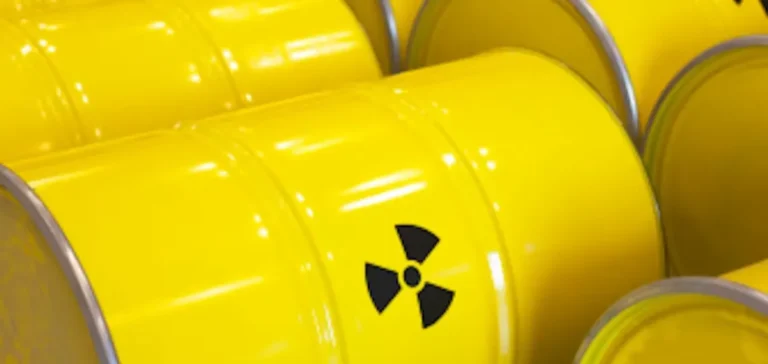US radioactive waste disposal technology developer Deep Isolation has formally requested that waste management be included in the “Advanced Nuclear First Movers Orderbook” strategy, led by the National Association of State Energy Officials (NASEO). This initiative brings together eleven US states with a shared goal: to reduce advanced nuclear project costs and address increasing electricity demand.
Call to address a strategic gap
Deep Isolation submitted a response to the recent Request for Information issued by NASEO. According to the company, the current strategy does not address spent fuel and radioactive waste, despite this being one of the primary public concerns around nuclear energy. The company warns that this omission could undermine the effectiveness of the overall programme.
The proposal from Deep Isolation includes three major recommendations. First, states are encouraged to join the Deep Borehole Demonstration Center, a non-profit entity located in Cameron, Texas, where the company plans to deliver a full-scale, non-radioactive deep borehole disposal pilot by 2027. Second, it suggests supporting early demonstration projects within the participating states. Lastly, the company calls on policymakers to push for congressional reforms to unlock private investment and enable public-private partnerships.
Aim: secure the nuclear value chain
Deep Isolation claims that integrating waste disposal into the Orderbook strategy would reduce financial risk, boost investor confidence, and improve public acceptance of advanced nuclear projects. Chief Executive Officer Rod Baltzer stated that “embedding disposal into the advanced nuclear lifecycle strengthens the ongoing industrial strategy.”
The company highlights a technology that combines drilling processes from the oil and gas sector with a universal, disposal-ready canister system, designed for the long-term storage of spent fuel and high-level waste. According to the firm, the solution is adaptable, industrially scalable, and available in the near term, making it a relevant option for states engaging in nuclear deployment.
A federal initiative with multilateral reach
Launched in February, the “Advanced Nuclear First Movers” initiative includes the states of New York, Indiana, Kentucky, Tennessee, Wyoming, Louisiana, Maryland, Pennsylvania, Utah, Virginia, and West Virginia. It aims to pool resources for financing, siting, supply chains, and workforce development in order to accelerate the deployment of advanced nuclear technologies.
The National Association of State Energy Officials (NASEO), which coordinates the initiative, represents the energy offices of all US states and territories. These state energy officials are appointed by their respective governors. The organisation supports inter-state collaboration on energy policy and engages with federal agencies on behalf of state energy offices.






















